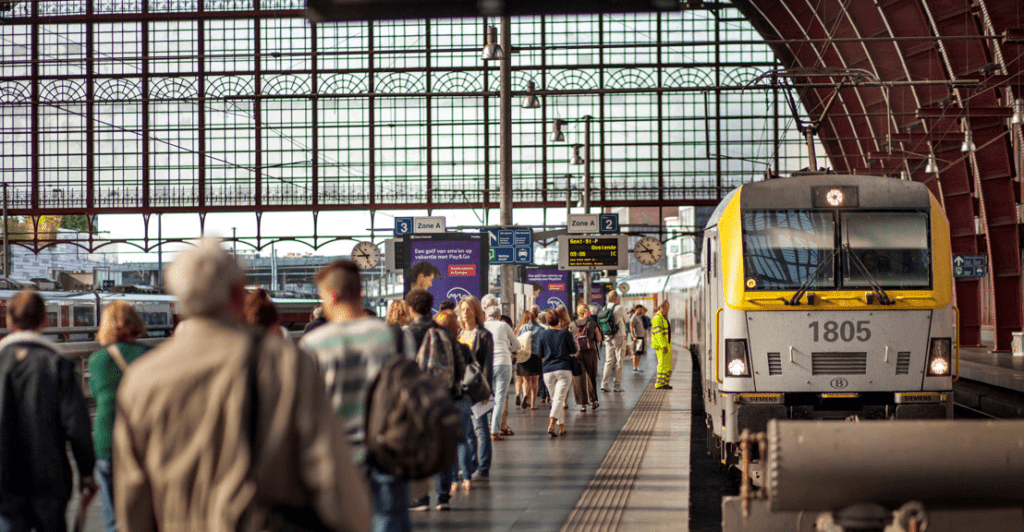In an effort to help citizens struggling with the rising costs of inflation, Spain has announced that rail passengers will be able to travel free on journeys under 300km. Similarly, Germany offered rail travel for just €9 per month until the end of August. But Belgium has not made any similar announcements.
While inflation in Belgium this month rose to 9.94%, inflation in Spain is already over 10%, with many Spanish people in financial difficulty. The free train tickets offered from this month should ease the burden, authorities hope.
The monthly passes, of which more than half a million have been requested already, are valid for local trains and intercity trains on medium-distance routes. Longer train journeys and journeys with the Spanish railway company Renfe still have to be paid for.
Germany had a similar system with €9/month train tickets that allowed unlimited travel on all public transport except high-speed trains during the summer months. With 52 million tickets sold, they were very popular and resulted in a reduction in car use in the country, which in turn saved the annual CO2 emissions of almost 388,000 cars.
Related News
- Germany introduces €9/month travel tickets until end of summer
- SNCB passenger numbers nearing pre-pandemic levels
- Long lines of Belgian cars to buy cheaper fuel across French border
Despite the clear success abroad, Belgian authorities have not communicated any plans about a similar initiative in cooperation with national railway company SNCB or other public transport companies such as De Lijn, TEC or STIB.
"We offer a range of tickets with several very cheap formulas. The Duo Ticket (in which two people can take the train for the price of one) during the past months was a big success, as 3.7 million people used it," Bart Crols, SNCB spokesperson, told The Brussels Times.
The company is always thinking about how to attract new travellers, Crols said. However, he could not say anything about whether a possible system similar to the German or Spanish one was in the works in Belgium.

